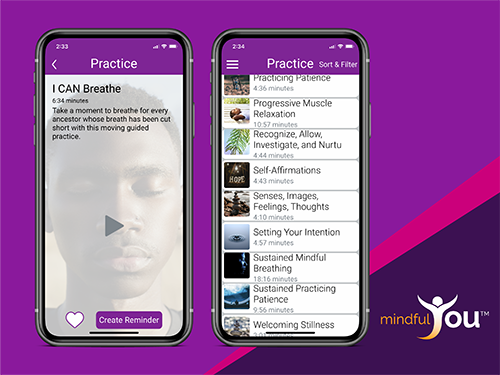 In 1999 Adam Wendt started his education training company in Eugene, Oregon because he saw a need that wasn’t being met—educators needed quick, engaging training videos to help them diffuse anger and aggression in the classroom. Using credit cards as funding, Wendt and his partners assembled a team and designed, created, and marketed a successful video that’s still used to train educators today.
In 1999 Adam Wendt started his education training company in Eugene, Oregon because he saw a need that wasn’t being met—educators needed quick, engaging training videos to help them diffuse anger and aggression in the classroom. Using credit cards as funding, Wendt and his partners assembled a team and designed, created, and marketed a successful video that’s still used to train educators today.
But funding for their second project—aimed at supporting people with developmental disabilities—wasn’t as straightforward because the target audience was much smaller. “It would [have been] very difficult to get a return on investment,” says Wendt, who received a Small Business Innovative Research (SBIR) grant from the National Institute on Aging to support the project. “[If we] put in that funding ourselves, we would go broke very quickly. And then those products wouldn't exist.”
Wendt recognized the potential of SBIR grants to help his company, Trifoia (formerly Iris Media) create important digital training material for parents, educators, and underserved populations. “With SBIR funding, we are able to offset the risk associated with complex research and development.” The funding has allowed Trifoia to develop tools to support Latino families experiencing divorce, train K-12 instructors how best to supervise unstructured group time, and teach parents of children with autism how to skillfully use behavioral interventions.
With SBIR funding, we are able to offset the risk associated with complex research and development.
Once products gain success, the company reinvests the profits to develop new digital training content. “Ultimately the mission of our company is to sustain interventions outside of the grants,” says Wendt. In just over two decades the company has grown to serve more than 10,000 customers worldwide and support more than 20 employees. Their user base for online courses has more than tripled from 2019 to 2020. And a few years ago, Trifoia began partnering with institutions to expand their product development goals. This includes helping researchers who have viable ideas assemble a team, secure funding, and produce the product.
Wendt says SBIR funding has facilitated these partnerships, like Trifoia’s current project with a psychologist at Spelman College. The team is developing a mobile app called Mindful You, which is aimed at reducing stress through mindfulness in the African American community. They plan to start a randomized control trial for the app in February with a potential launch date of May 2021.
 “The SBIR program is significantly important for disseminating, not just information, but actual interventions, especially for underrepresented populations,” says Wendt.
“The SBIR program is significantly important for disseminating, not just information, but actual interventions, especially for underrepresented populations,” says Wendt.
To date the company has received funding for dozens of projects from many NIH institutes including the National Institute on Minority Health and Health Disparities, the Eunice Kennedy Shriver National Institute of Child Health and Human Development, the National Institute of Mental Health, and the National Center for Complementary and Integrative Health.







